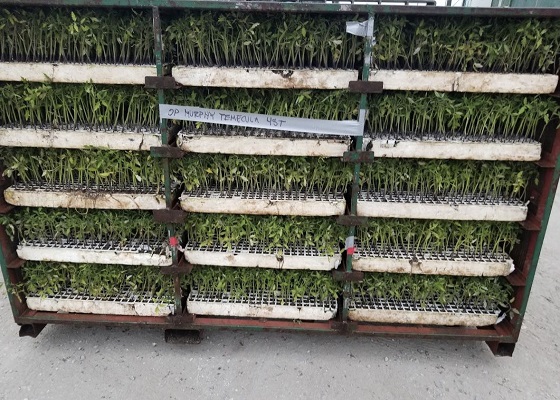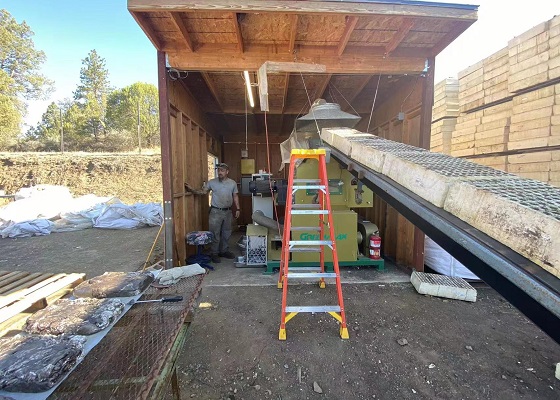Styrofoam boxes are commonly used as nursery trays in agriculture. These trays feature multiple holes, each designed to hold a seed. The lightweight and insulating properties of styrofoam create an ideal environment for seed germination and seedling growth. Additionally, styrofoam’s water retention capabilities help maintain soil moisture, reducing the need for frequent watering. Its thermal insulation properties stabilize temperature conditions, providing a favorable growing environment for seeds.

Like other types of styrofoam, seed trays require proper recycling. If not recycled, they contribute to severe environmental pollution, often referred to as “white pollution.” Given the increasing use of styrofoam seed trays in agriculture, efficient recycling solutions are necessary to minimize waste and promote sustainability.
How GREENMAX Helps with Styrofoam Recycling
Many agricultural businesses in the United States are actively seeking recycling solutions for styrofoam seed trays. GREENMAX has assisted several customers in this industry by providing high-quality recycling equipment to support their sustainability efforts.

Last year, GREENMAX staff visited a customer in the United States who used a styrofoam densifier to recycle waste. This customer generated a high volume of styrofoam waste each month. To ensure efficient recycling, the customer positioned the densifier near the outdoor planting area. The equipment was also equipped with a conveyor belt, which offered two key advantages:
- The large size of seed trays requires significant human effort to load them into the feeding bin manually.
- The conveyor belt facilitates uniform feeding, improving efficiency and ease of operation.
Contact Us for Styrofoam Recycling Solutions
If you are interested in recycling Styrofoam seed trays, GREENMAX can provide customized solutions to meet your needs. Contact us today to learn more about our styrofoam densifier and how it can help streamline your recycling process.